By Marc Pfefferle, MBA, CTP
January 31, 2019
Top of mind for healthcare investors and executives is the continued trend of an overall challenging reimbursement environment impacting both providers and suppliers in 2019. Carl Marks Advisors, a leading investment bank and advisory firm, recently conducted a survey of operators, professionals, lenders and private equity sponsors who work directly with or for healthcare services providers and the results indicate that many reimbursement-dependent healthcare companies are struggling under the weight of reimbursement and cost containment pressures across wide areas of the healthcare marketplace.
The results of the survey clearly illustrate how the compressed reimbursement rate environment effects a wide variety of healthcare subsectors with 72 percent of survey respondents ranking reimbursement and payment pressures as the most critical challenge facing middle market healthcare providers and services companies. More specifically, 37 percent, of respondents, ranked higher deductibles and co-pays as the most significant issue with payer denials (20 percent) and payers shifting risk to providers (16 percent) rounding out the top three highest ranked reimbursement issues.
The results of the survey align with the challenges our clients, who are owners and operators of middle market healthcare organizations, are facing on a daily basis. Healthcare providers are subject to reduced reimbursement rates, rate increases that are lower than cost increases, changing reimbursement models (i.e., capitated/outcome based), and a more challenging revenue cycle process where higher denial rates result in higher costs for providers (e.g., for lost revenue and well as labor hours and documentation costs to support billings).
Successful healthcare providers facing these challenges understand that the revenue headwinds will be a dollar-for-dollar hit to their own EBITDA (Earnings Before Interest, Tax, Depreciation and Amortization)/free cash flow unless they implement their own cost reductions. One of the areas in which providers are looking to mitigate lost profits is demanding price concessions from their own vendors and service providers. For example, large health systems and group purchasing organizations (GPOs), which leverage the buying power of a broad range of provider members, use multiple rounds of competitive bidding to drive low pricing and favorable terms. Specific examples include limiting price increases, reducing on-hand inventory levels (i.e. supplies, drugs, devices, etc.), reducing the number of suppliers and SKUs, holding suppliers to higher service standards, and requiring “just-in-time deliveries.” These pressures can reduce supplier profit margins and/or increase operating costs putting the most strain on companies that are highly leveraged. This downward pressure broadly impacts the healthcare supply chain, having varying effects on different sub-sectors of the industry.
Carl Marks Advisors has found that healthcare companies most susceptible to these pricing pressures are those which operate in highly competitive, or fragmented markets or who sell commoditized products or services. Likewise, companies who sell proprietary products (non-generic drugs and medical devices come to mind) or whose services can help reduce operating costs are the least impacted. As a result, those organizations most exposed are also the least favorably positioned to defend against them. The trend of rate compression filtering through the supply chain is expected to persist as increasing demand and technology advancements challenge the limited financial resources of patients and payers.
There is no one-size fits all solution to operating in this reduced-rate, outcome-based care model. Companies are likely to try to reduce costs in response to the lower revenue. However, our survey results indicate that further consolidation and cost increases are to be expected as services companies grapple with reimbursement pressures heading into 2019. When asked where they expect revenue growth to come from, 34 percent indicated merger and acquisition activity and 25 percent indicated price increases as the top two drivers over the next 12-24 months.
Marc Pfefferle is a partner at Carl Marks Advisors with more than 30 years of financial and operational restructuring experience. He serves in roles as senior advisor or interim executive to companies in transition or in need of substantial performance improvements or debt restructuring. He has served as CEO, CRO, or equivalent leadership positions at 15+ companies, competing in a variety of industrial, service, consumer, healthcare and retail market segments. He can be contacted at: mpfefferle@carlmarks.com.
